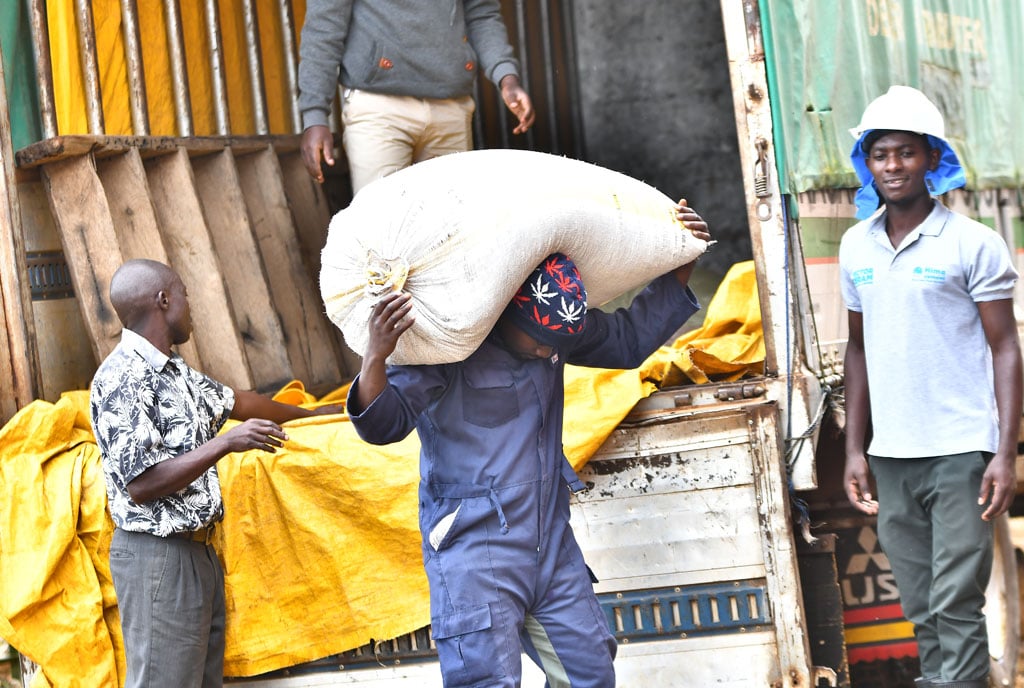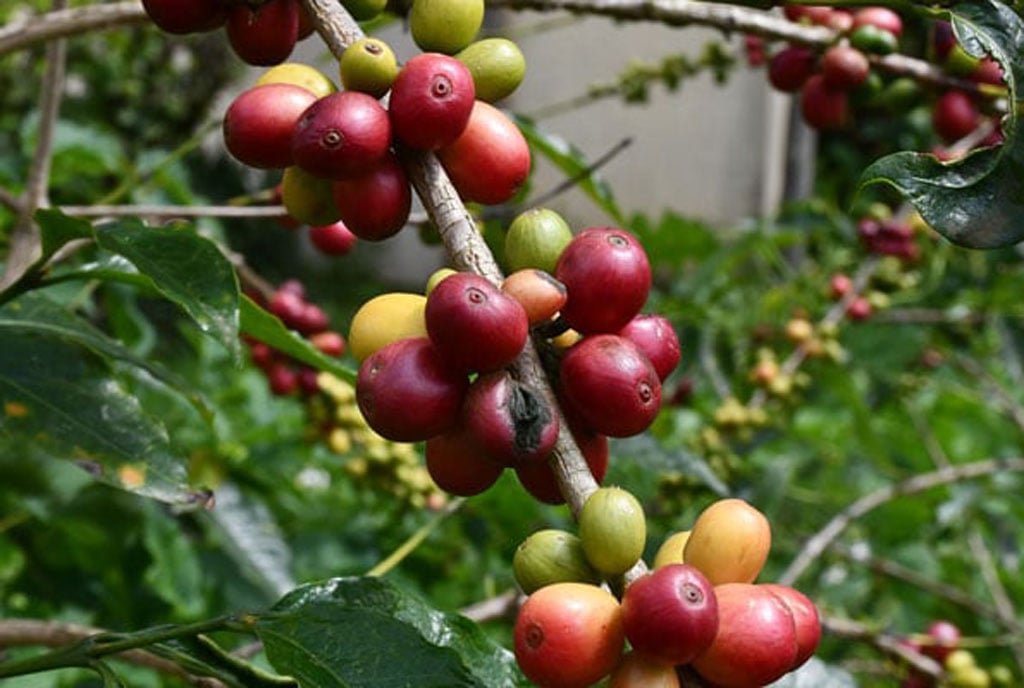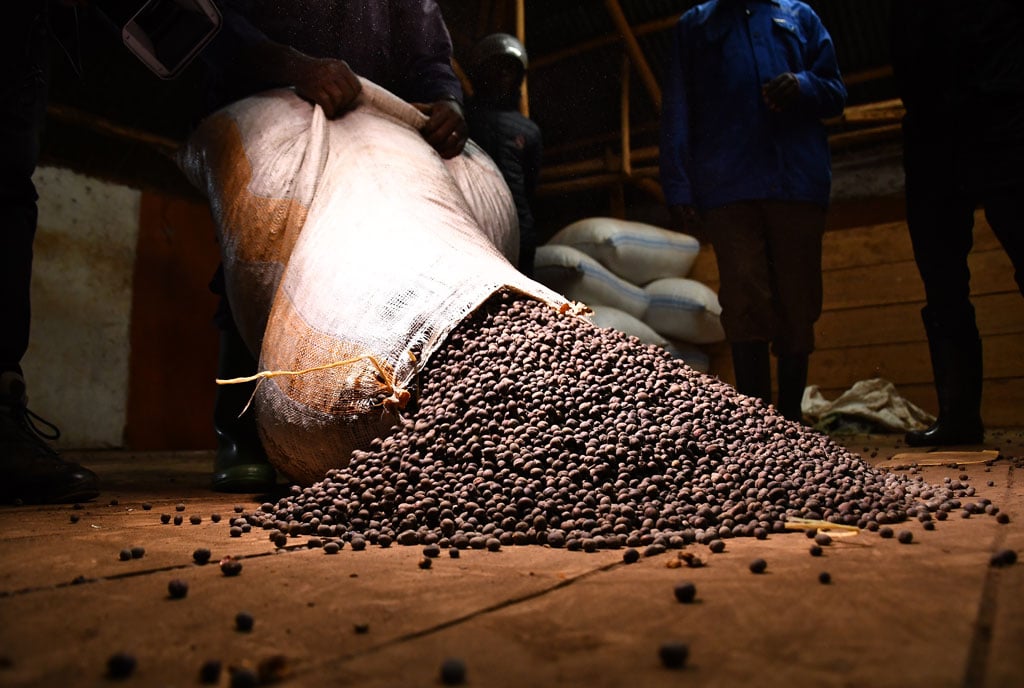
Writer: Robert Kigongo. PHOTO/FILE
Recently, I woke up to a shocking headline on CNN. “Melting polar ice is changing the way the earth spins and making days longer,” it read.
The world is going through unprecedented impacts of climate change, resulting in food insecurity, death and diseases. Sadly, climate change has not spared the East African region. Often, the impacts of climate change have been reduced to global warming, but we have underrated how climate change affects our agricultural sector.
As a beneficiary of the coffee sector, where my father earned money to meet our tuition and domestic welfare, let me enlighten you on the fears I have for the future of the industry.
Last week, the Uganda Coffee Development Authority (UCDA) announced that Uganda earned a record Shs4.2 trillion in the last Financial Year. According to the Authority, an estimated 1.7 million households grow coffee. Uganda is the 2nd largest coffee producer in Africa, and 10th largest coffee-producing country in the world.
According to the UCDA chief, Dr Emmanuel Lyamuleme, Uganda is on the right trajectory to achieve the target of earning $1.5 trillion from exporting 20 million bags.
However, experts are warning of disruptions in the global coffee market. According to the International Coffee Organisation 2021/2022 Annual Review report, there is a global decline in coffee production.
The estimated total production of coffee in 2021/22 was 167.2 million bags, a 2.1 percent decrease as compared to 170.83 million bags in the previous coffee year.
“Mexico and Central America’s production shrunk by roughly 3.5 percent to 19.0 million bags and Africa’s production was seen to have declined by 0.3 percentage points to 19.27 million bags for coffee year 2021/2022,” the report reads in part. Among the reasons they cited for this trend was the effects of climate change.
Uganda has in the recent past invested heavily in coffee marketing and value addition, with President Museveni releasing Shs37 billion for the promotion of our coffee exports. But it is my view that such attention be paid to the primary person in the coffee production chain – the millions of farmers with small coffee gardens.
Effects of climate change have become a reality to everyday people given the unpredictable weather patterns. Prolonged droughts have caused coffee plants to become weak and wilt.
In Bugishu and Buganda regions, the increment in evapotranspiration has increased crop water requirements and yet most coffee farmers are mainly rain-fed. Climate change has also affected the spectrum of pests and diseases.
With these threats, the different stakeholders need to come together and address these challenges if we are to protect our coffee sector. We can do this by promoting resilience and innovation.
We need to promote climate-smart coffee production. Already some farmers are embracing it, but we need to ensure that the majority of our coffee farmers transform towards green and climate-resilient practices.
Coffee agroforestry – an integration of shade trees in coffee gardens – is gaining popularity in many parts of the world, including Uganda.
Finally, a decade ago the National Agricultural Research Organisation (NARO) established the National Coffee Research Institute (NaCORI), which has been at the forefront of developing drought-tolerant coffee varieties. We urge all stakeholders to increase funding for such initiatives.
Because the headlines such as those of CNN will keep running as the conditions get worse. But our coffee farmers should be able to adopt and prosper.
The writer, Robert Kigongo, is a sustainable development analyst








